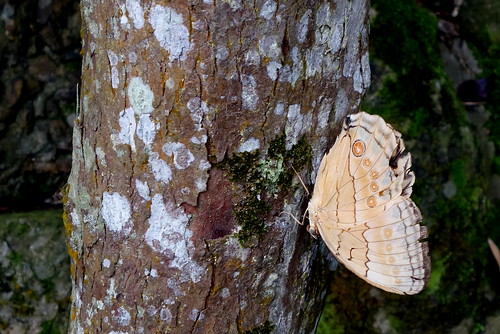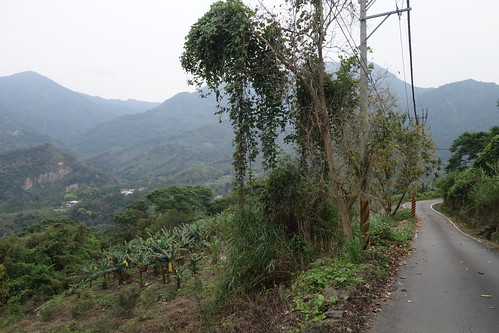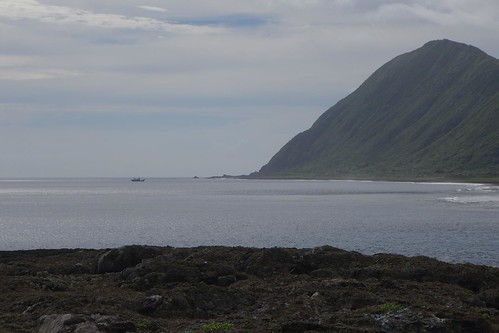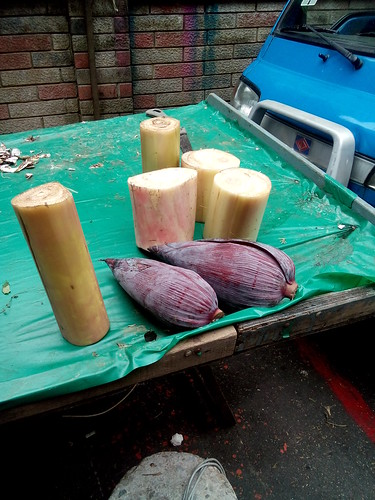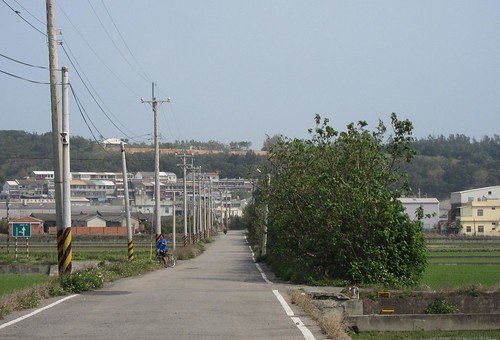The police captured the fugitives allegedly involved in NT$83 million heist from ATMs recently. According to local news reports, one of the men was in Dong-ao having a meal at a local restaurant when an off duty policeman came into the restaurant and spotted him. Apparently the majority, though not entirety, of the money has been recovered. Good news!
The Economist turns in another of its uniformly crappy articles on Taiwan, this one on Kawaii culture...
The craze is about more than infantile consumerism: Hello Kitty has become an unlikely token of Taiwanese identity. She is part of a wider embrace of Japan’s kawaii, or “cuteness”, culture. And this is a way for the Taiwanese to define themselves as different from China, which lays claim to their island, by cleaving to Japan, their former coloniser.Yes, that's right, everything relates to China! The article wrong attributes the Hello Kitty craze to McDonald's in 1999, but that is incorrect. YM Ko, who wrote several articles on Hello Kitty culture in the early 2000s, has a good history and review from 2000 when Hello Kitty was already super popular, as I knew from having lived in Taiwan at that time (I have a running joke in all my classes about Hello Kitty since I started teaching at universities in the 1990s)...
Hello Kitty was released after W.W.II in Japan and has always been very popular. In Taiwan, it was expensive in the early days and could only be found in a few boutiques. Not until the 80s were the economical conditions of Taiwan able to afford Hello Kitty; in many department stores Hello Kitty became a popular commodity. In the 90s, counterfeits of Hello Kitty could be spotted in night markets and vendor stands. At first Hello Kitty targeted at the teenage girl market, only in recent years did its consumer age move onward to mid-aged females. Amongst the animation cartoon figures‘ products, Hello Kitty is the only one that successfully developed a mid-aged female market.Since this is the second article you hit in Google Scholar if you search 'hello kitty culture taiwan' it is hard to see how The Economist could get everything so wrong. Well, it isn't hard, actually. The Ko piece concludes:
Hello Kitty has different roles: the popular culture, the night market counterfeit, the conspicuous consumption, the residue of colonialism, the elite and mass distinction, the sabotage of gender politics. Hello Kitty doesn't invent new cultural identity or meaning. The fact is, the latent social politics and relationships, antagonistic or not, seize Hello Kitty as their vehicle to surface. Various meanings are attached onto the object-sign Hello Kitty and thus consumed.Yeah, nothing about China in that paper, because Hello Kitty has nothing to do with redefining Taiwan against China. *sigh*
Instead, Hello Kitty mania is related to the larger Japanese drive to market itself during the 1980s and 1990s across Asia...
Since the 1990s, Japan-mania has swept East and Southeast Asian countries and brought inbound tourism to the rescue of Japan’s stagnant economy. In 2003, guided by then-Prime Minister Junichiro Koizumi, Japan launched an international ‘Visit Japan’ campaign [Yokoso! JAPAN]. Except for some affluent Western countries, the campaign mainly targeted Korea, Taiwan, China and Hong Kong – markets heavily influenced by Japanese popular culture. Yoshino Kimura, a Japanese actress, was appointed as Goodwill Ambassador for Japan. The tourist initiative regards the ‘globalization of economy’ as a way to revitalize local regions in Japan (Ministry of Land, Infrastructure and Transport, Japan, 2005). Its goal of ‘making Japan more attractive’ evidences an attempt at nationbranding at a time when Japan seeks to reposition itself in the global economy. It also turns the spotlight of international tourism from modern Tokyo to other localities that have reinvented themselves as representatives of traditional Japan.This marketing drive included pop music, TV, movies, food, and tourism. Taiwan is part of a regional context of Japanese success at marketing itself as a hybrid culture of modernity and tradition and Asian-ness, according to the Huang paper. But I guess under the Economist's rubric, Japan-mania in China is also an example of the Chinese wanting to differentiate themselves from the Chinese...
I needn't go into Taiwan's old Japan links, and the mutual love affair between the two nations. But the Huang piece referenced above points out that Japan-mania has been followed by Korean-mania, widely accepted across Asia for the same reason that Japanese culture was: it is a hybrid of modernity and Asian-ness, slickly marketed and tweaked for local conditions. Korean marketers, noting Japanese success, deliberately copied Japanese marketing approaches. Huang notes:
If strategic hybridism means adapting foreign cultures to the local context, Taiwanese hybridism makes the local culture look ‘foreign’ – that is, Japanese and Korean. There have been sporadic criticisms of Taiwan fawning on Japan and Korea, but calls for boycotts have been rare. Four mechanisms contribute to Taiwanese acceptance of all things Japanese and Korean: (1) the marketing of Japanese and Korean culture industries, (2) the promotion of Japanese and Korean popular cultures by local media, (3) business practice in Taiwan and (4) transnational tourism. These factors emphasize consumption, but they are also relevant to cultural production.What? No China identity issue? Say it ain't so!
All this stuff is easily accessible on the Internet, which is why The Economist couldn't find it. Because it already knew the answer: China.
_______________
Daily Links:
- Taiwan = free trade example. Writer is clueless
- Beijing seeks loyalty of foreign passport holders of Chinese descent
- Hsieh faction takes a beating at the DPP Party Congress
- China Post review of Tsai's new southbound policy
- Was Okinawa settled from Taiwan? Japanese test the theory with straw boats
- 1 in 8 marriages 'transnational'
- Ming-yeh Rawnsley's PPT/paper on Taiwan's media
- Pro-Unification Christianity among the aborigines
- Taiwan-Japan relations likely to deepen
- James Baron at East Asia Forum: Taiwan's Friend Buying Days are over.
- Andrew Chubb argues that Beijing may have clarified the 9 dash line. Very interesting piece, though many observers see China's clarification as a reining in of expansion. I don't.
- Taiwan rules out cooperation with China on the SCS
[Taiwan] Don't miss the comments below! And check out my blog and its sidebars for events, links to previous posts and picture posts, and scores of links to other Taiwan blogs and forums!
